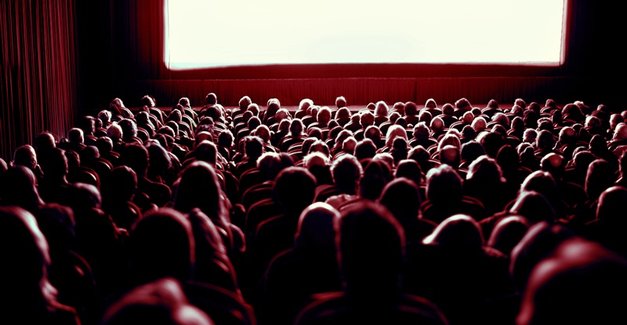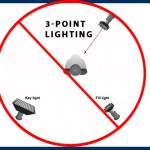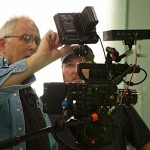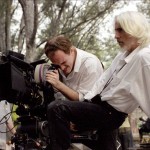
The difference between a nice little film that happens to get some festival play and the next “Sundance Sweetheart” indie blockbuster is not luck.
Success is not an accident. It leaves clues. It is a result of planning a film’s success by first knowing its outcome. In other words, by making it in reverse.
Successful filmmakers understand that the first step in the development of any film is clearly being able to describe the audience for your film, where they are when they first see your film, and what the poster and tagline looks like.
Script writers know this approach well, as all great screenplays start with a log line and a synopsis, which is essentially writing the short description of your film for its listing in a listing forum (we used to say it was writing the film’s synopsis for the TV Guide listing, but it’s more applicable today as a Netflix or iTunes listing).
Once you can sum up your storyline for its intended destination – the marketplace – you start working backwards from that point to even write the first draft of the screenplay! It truly is making the movie in reverse – and it works every time without fail.
So many times as filmmakers we get so overwhelmed with the excitement of just wanting to shoot something that we forget that the approach of “build it and they will come” only works in the movies.
Successful films know where they are going to be seen, and by whom. Is your film going to a theater, or is a streaming outlet where its best premiere will be? This affects things like camera packages, audio mixing, and acquisition resolution. Do you really need to shoot in 4K if it’s going to iTunes and Netflix, or might that money be better spent getting a name actor for a few days?
People watch movies because of who’s in it and what it’s about, not because it was shot with some new camera.
Who’s going to watch your film? As an example, if it’s an older crowd, maybe all of that dark and gritty handheld you’ve got planned isn’t such a keen approach, and perhaps you should reconsider the budding rap artist who wants to do your soundtrack and go with someone who’s a bit more “classical” in their musical approach.
The one thing you don’t want is to get your film done and then have no idea what do with it.
The end of production is not the time to be deciding on which film festival to submit it to. That’s a decision that should have been made before you even started casting! The point is that success in filmmaking doesn’t have to be a mystery. Success comes from knowing your outcome before you start shooting. Without that key step, you’ll probably find yourself sitting at the wrong destination, without enough runway to take off again.
by Mark Archer



















